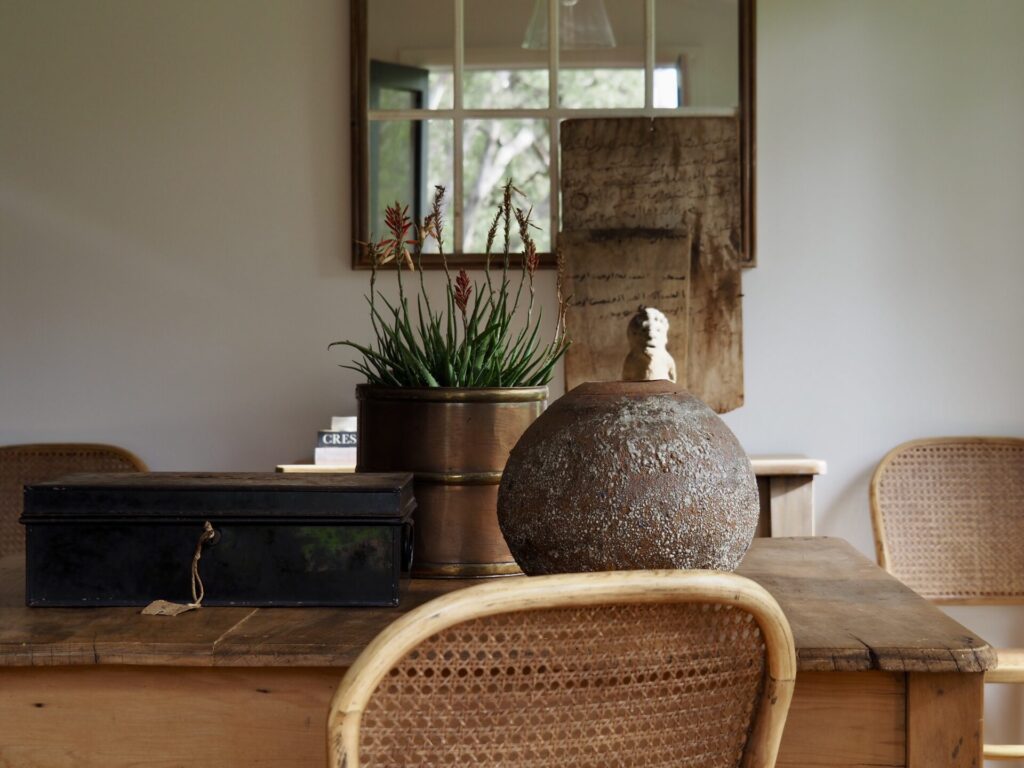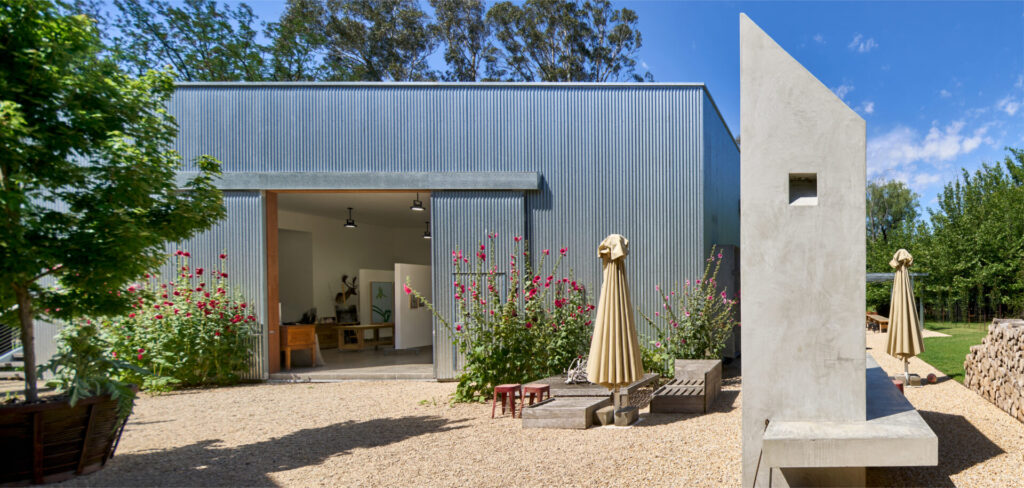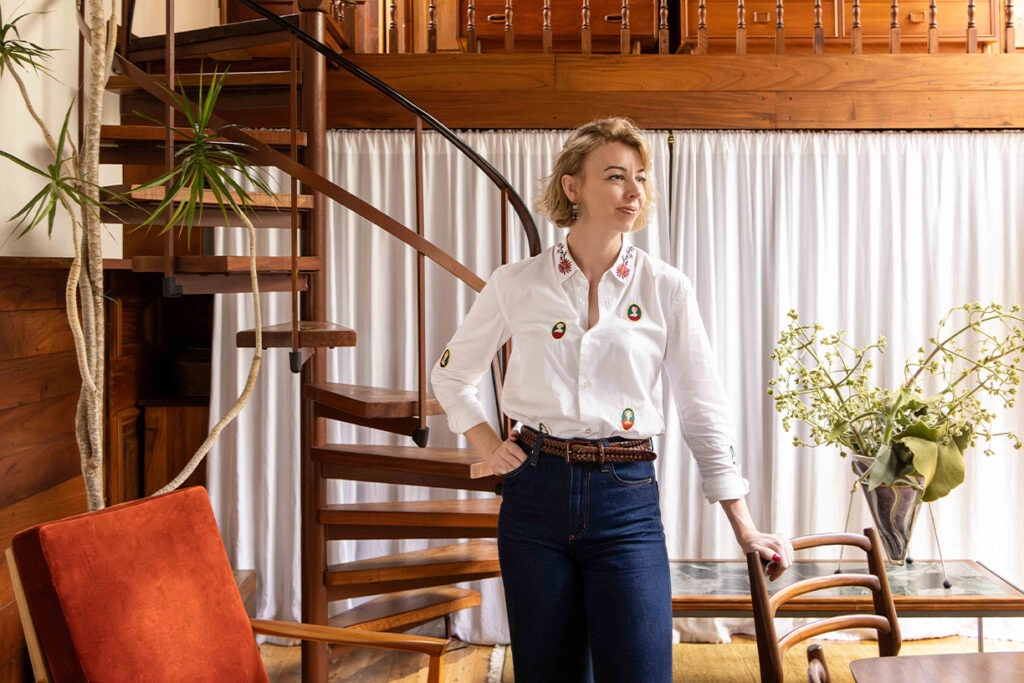Pecora Dairy by Michael Sharp
Cressida and Michael Cains are the dedicated couple behind artisan sheep’s milk dairy and cheesery Pecora Dairy. For the 40th Edition of The Argus, the recipients of the President’s Medal at this year’s Sydney Royal Easter Show invite us to their 200-acre property in Robertson, NSW, where their ewes graze lush pastures and drink from crystal-clear creeks, producing rich, creamy milk for Pecora’s award-winning cheeses.
After a five hour dinner, including a spectacular interlude of fireworks, while overlooking the Main Arena at Sydney Showground during the Sydney Royal Easter Show, a raw milk cheese produced by Pecora Dairy was announced as the winner of the 2024 President’s Medal.
The finalists for this prestigious prize were all champions in their respective competition classes and the award “celebrates truly inspirational, innovative agricultural food and beverage achievers. Producers who prioritise sustainable environmental, economic and social practices throughout the production cycle from gate to plate, and whose contribution is beyond simply bringing a product to market, but also serves to ensure the sustainability and prosperity of the future of Australian agriculture.”
Having their names read out in a room full of their primary produce peers was “all a bit surreal” for Cressida and Michael Cains, the close couple behind Pecora Dairy. It was also “particularly special” because it recognised their two decade journey pursuing a philosophy of not just producing beautiful food, but doing so sustainably while capturing the unique qualities of their land.
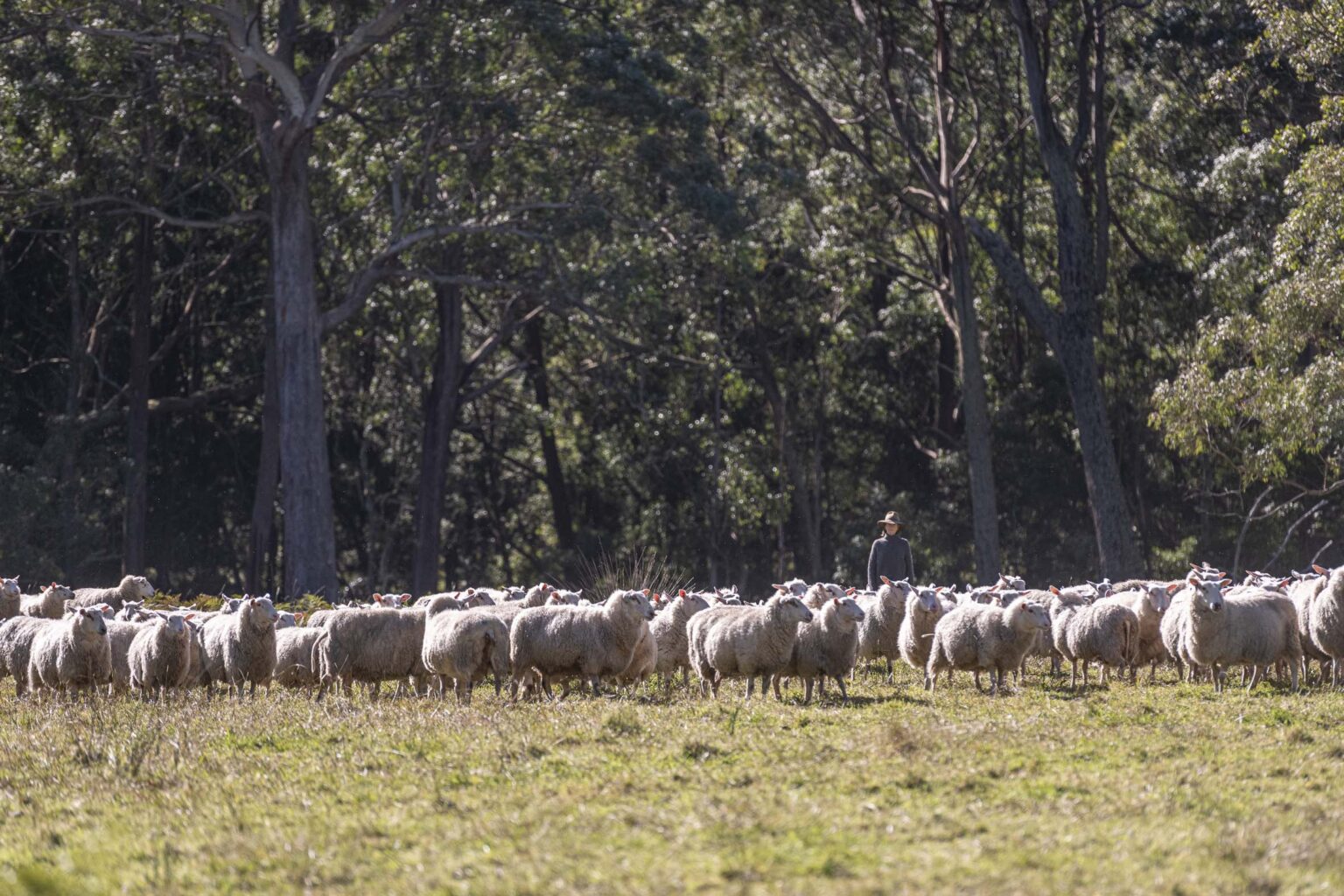
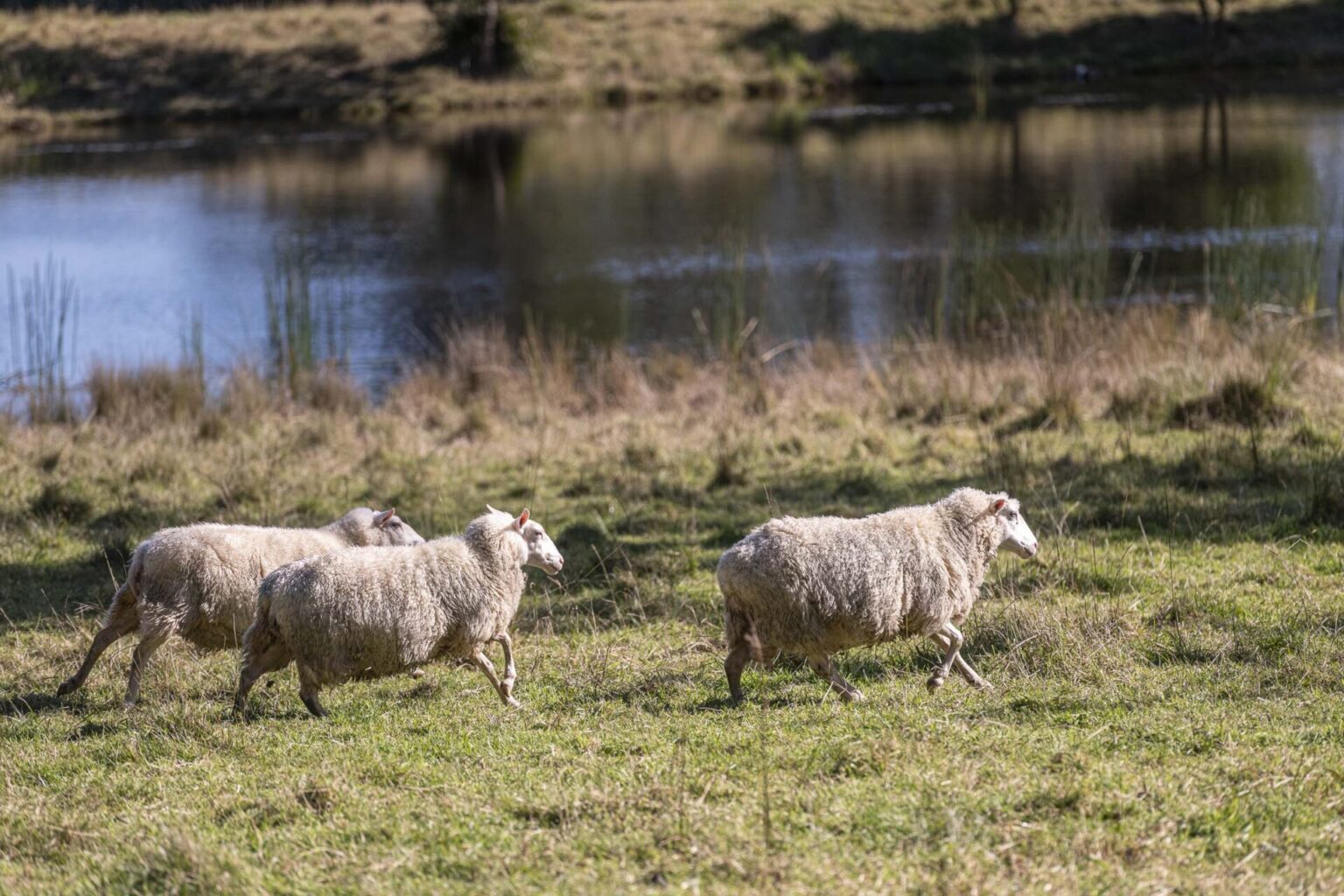
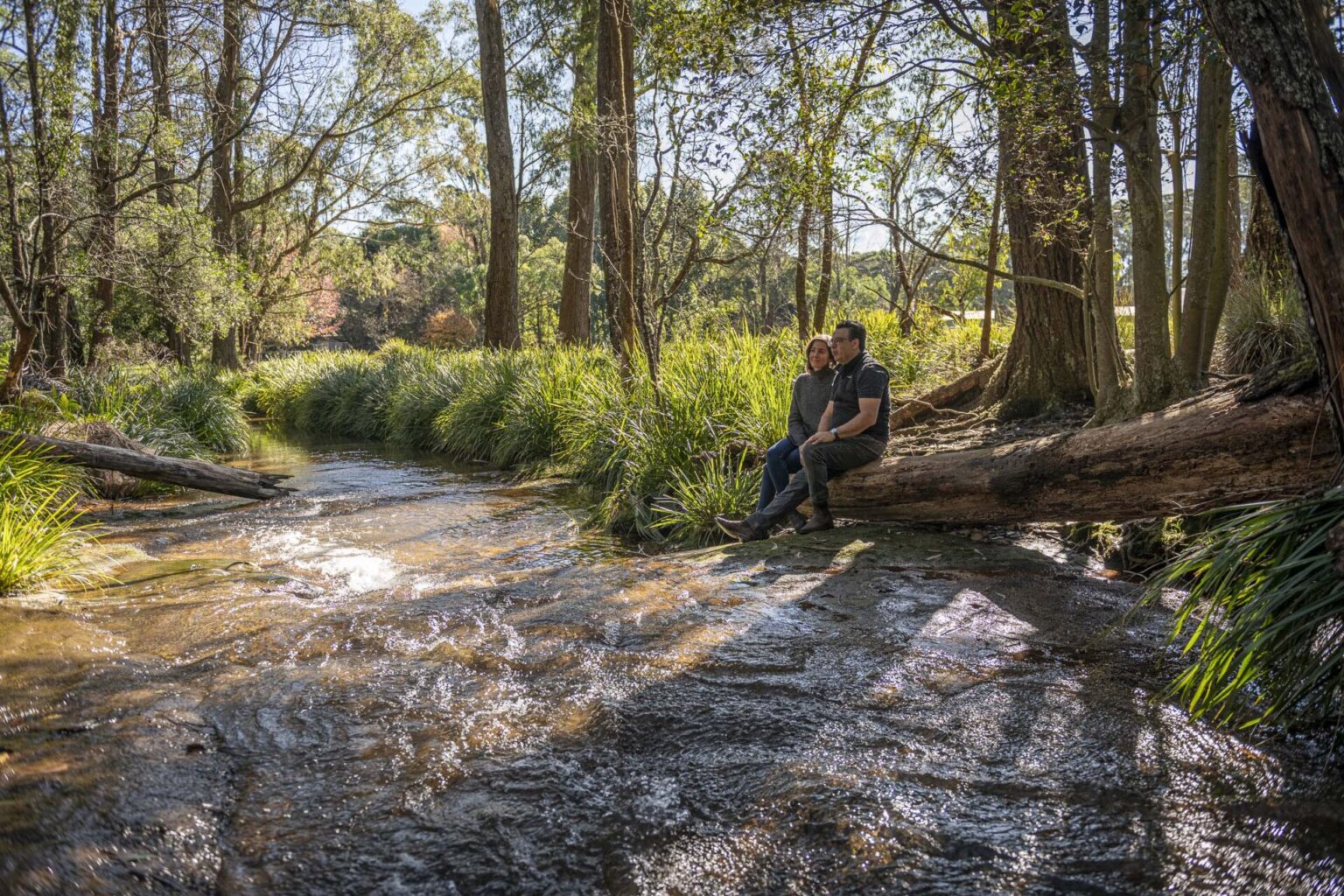
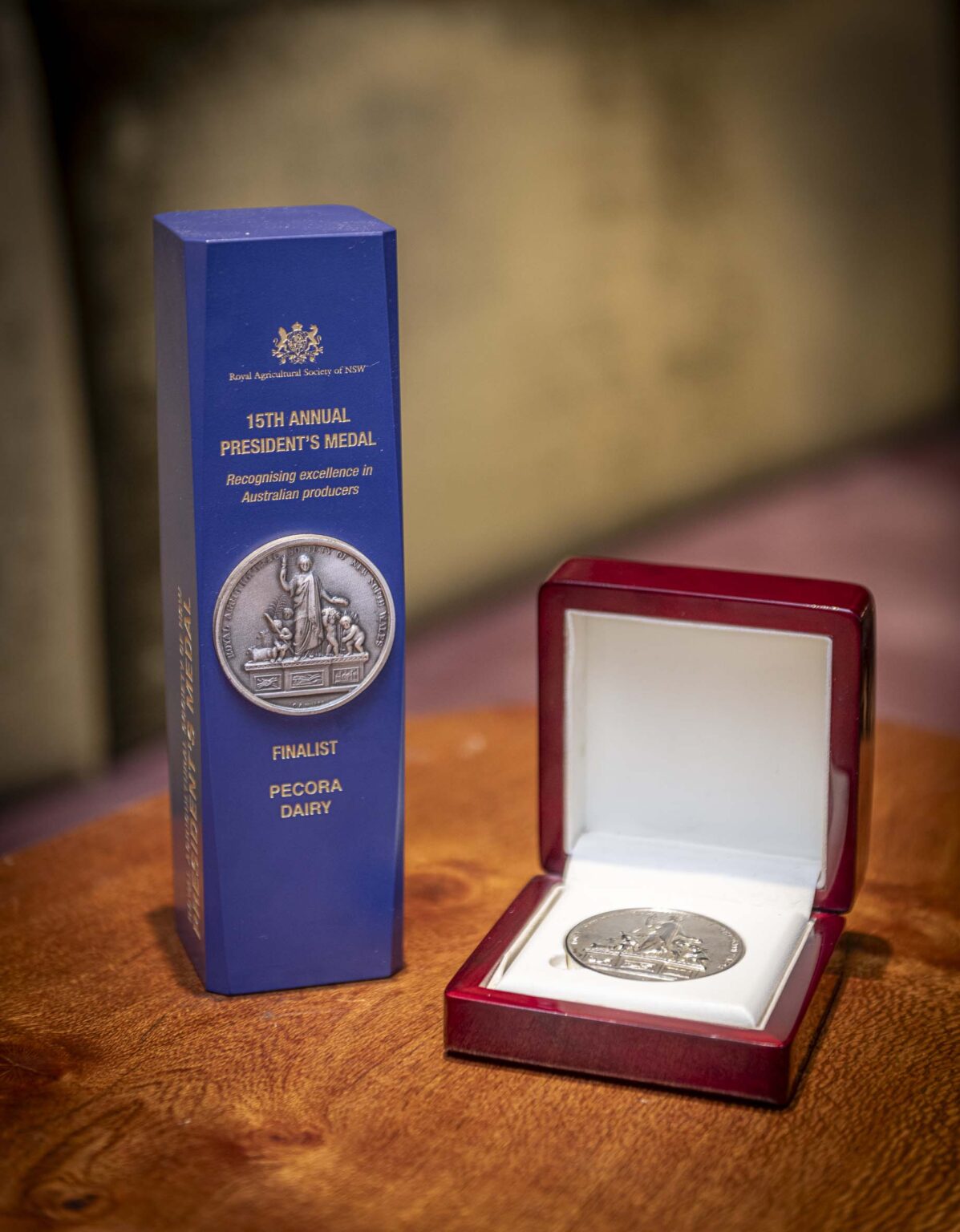
Cressida spent her early years in the Sydney beachside suburb of Manly until, when she was 10 years old, her parents bought a hobby farm in Mittagong. Portentously, the neighbouring property was a dairy. She enjoyed an “amazing childhood’, spending as much time as possible riding horses at historic Throsby Park.
“I would stay in the old servants’ quarters with a bunch of girls and guys on weekends and in the holidays. There was no supervision and we had a lot of fun.”
After she finished school, Cressida completed a hospitality course in Sydney and later a business degree in Canberra. She then travelled overseas and when she returned to Australia she worked in the wine industry. This is where she met Michael, who had been born in Wollongong and studied at the University of Sydney.
The young couple bought a house in Leichardt where they “grew vegetables, had chooks in the backyard and dreamed of getting out of Sydney”.
Cressida and Michael took a step toward living this dream by buying a small property near Picton, about an hour’s drive south-west of Sydney. They planted a market garden and pecan trees and made butter from their “house cow”. Fascinated by the science of making cheese from milk, they bought some dairy goats “but they kept jumping fences and we decided they were not for us”.
Then, in 2005, they purchased six East Fresian ewes, renowned for the quality of their milk. The Cains milked their herd of half a dozen sheep daily and began making cheese.
“We knew we wanted to go into cheesemaking,” recalls Cressida. “We discovered that goats weren’t suitable for us and we liked the fact that sheep are much lighter on the land than cows – they eat and drink less and their milk is very nutrient dense and excellent for cheesemaking.”
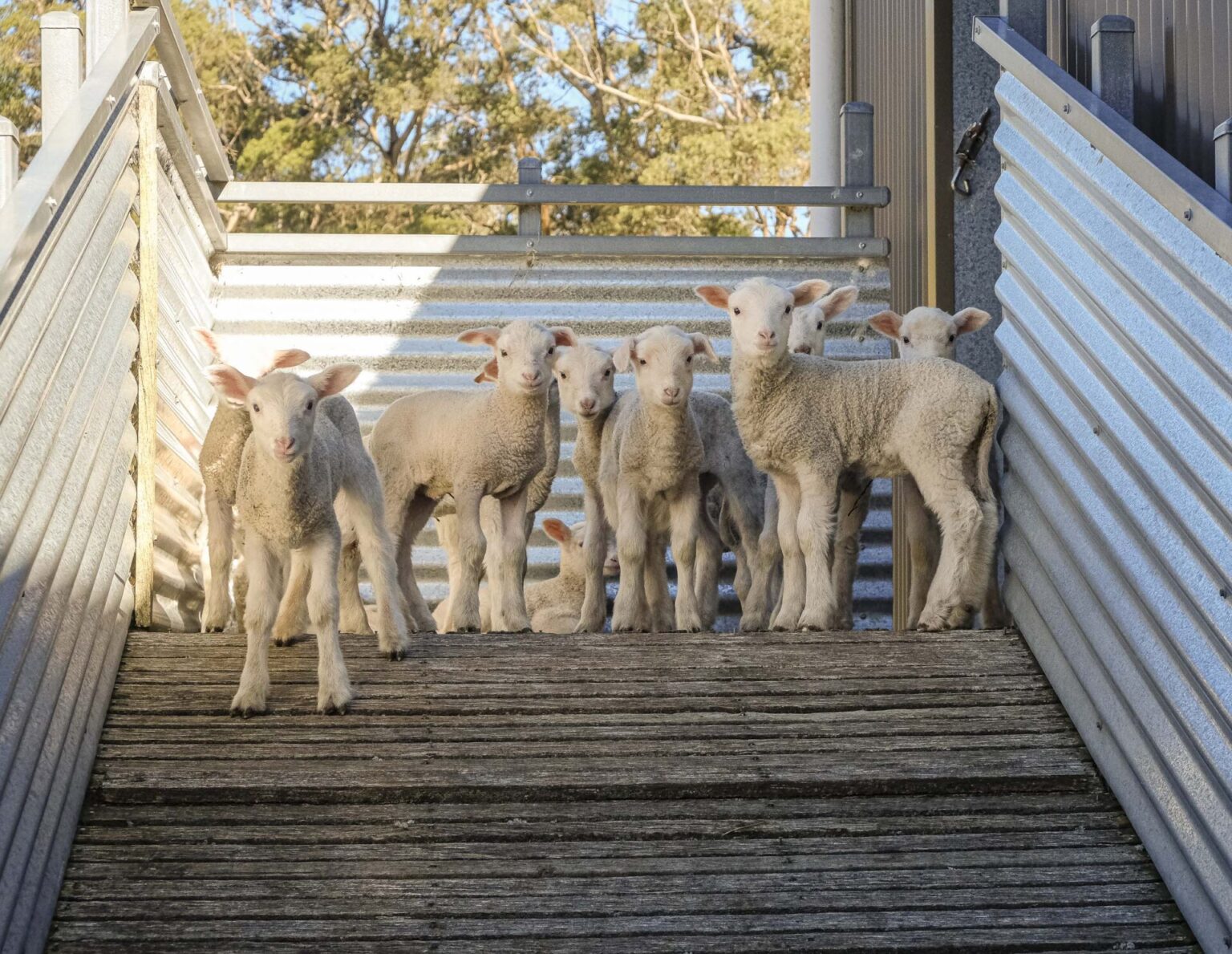
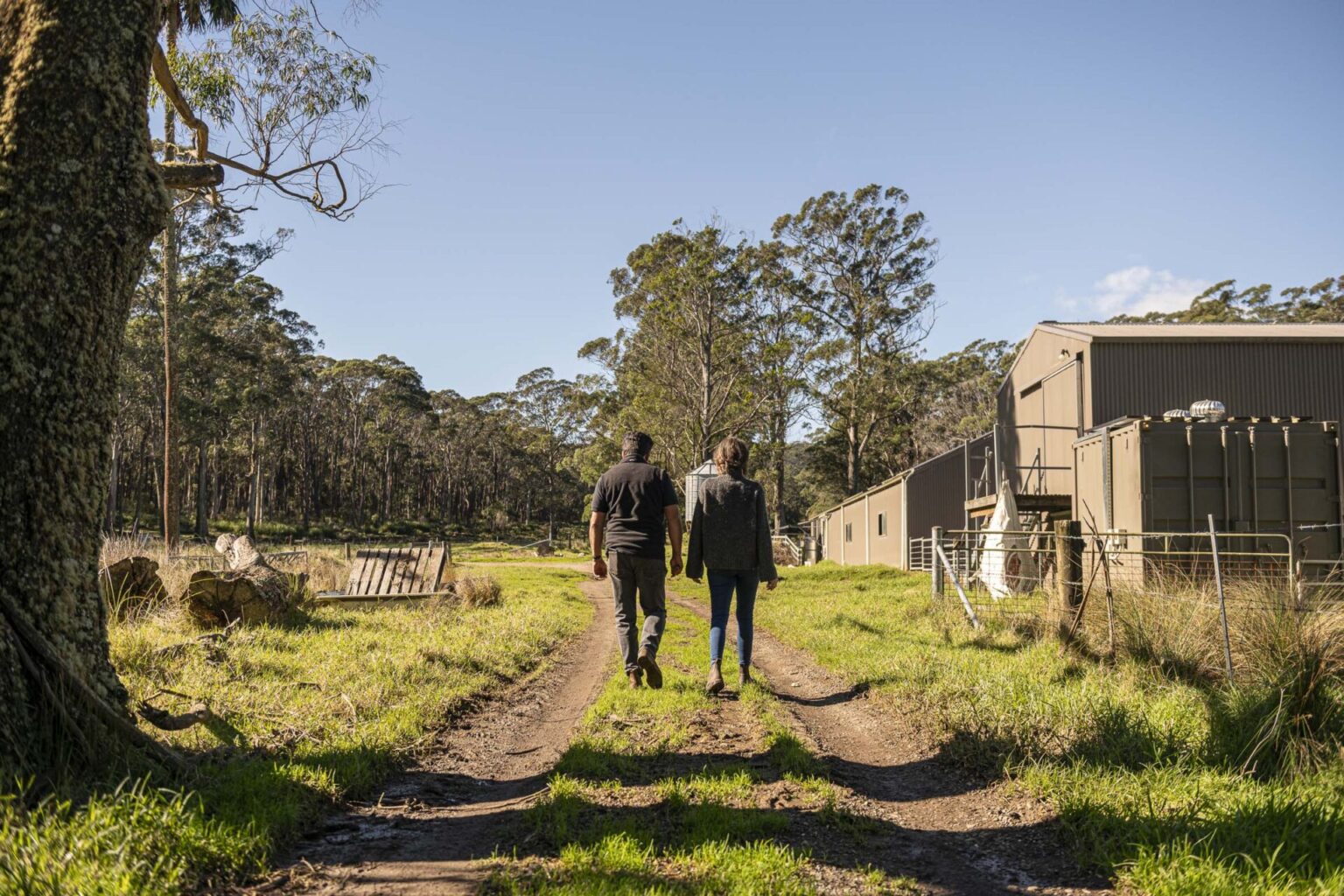
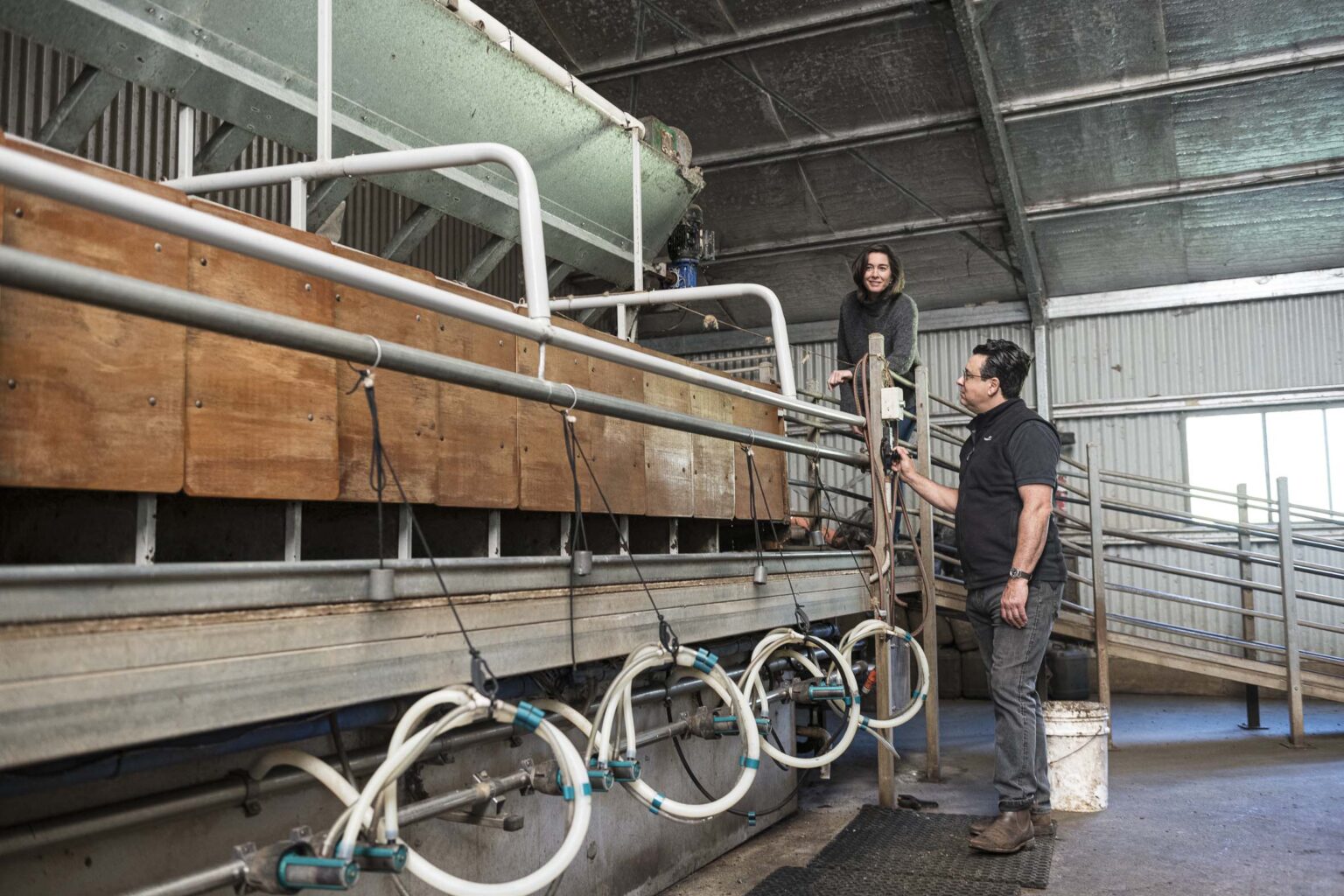
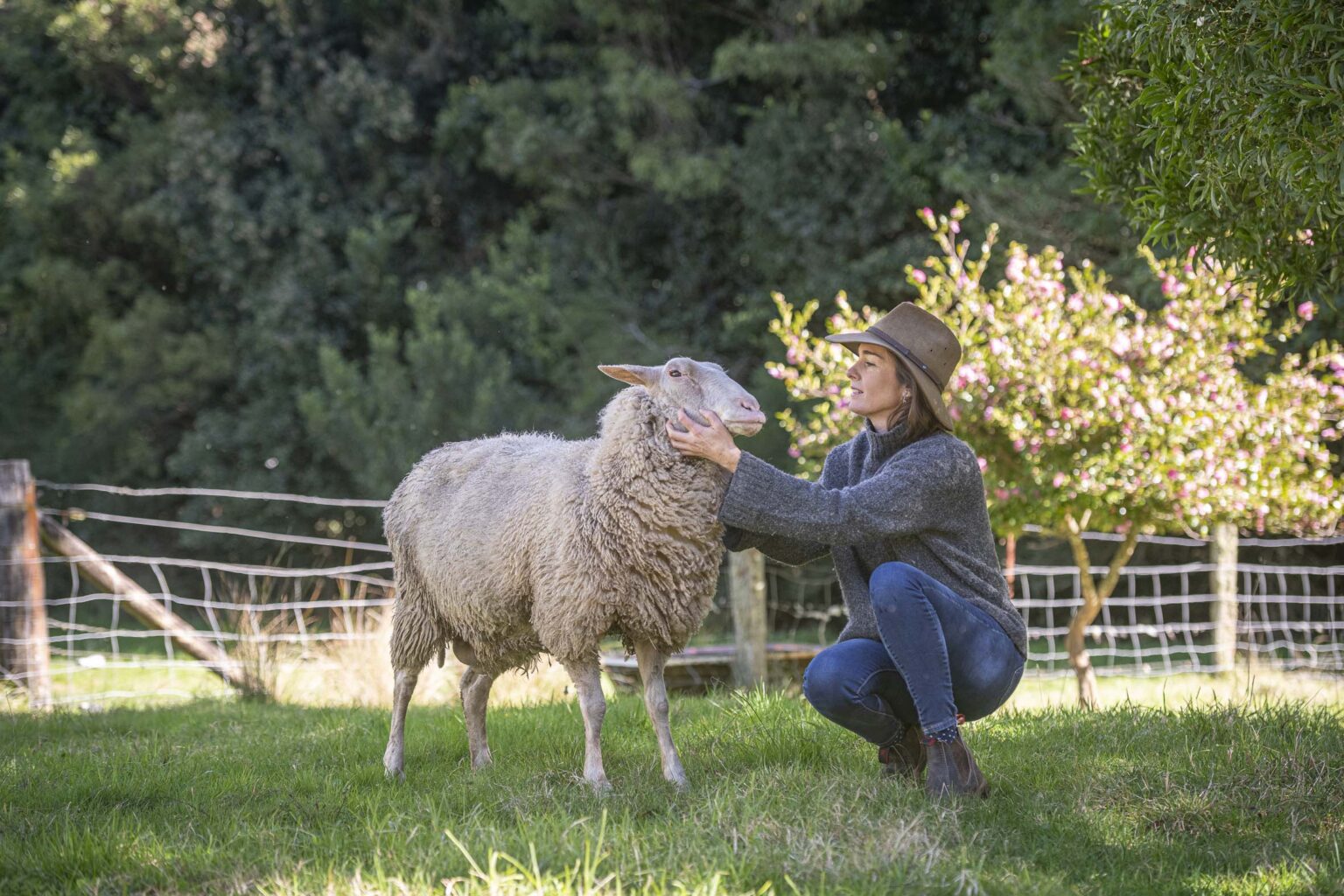
Their experience in the wine industry also piqued their interest in cheesemaking.
“When I was working at Tyrrell’s, I saw that they made a number of lines of shiraz which were all different,” recalls Michael. “Each wine reflected the soil of its vineyard – sandy loam or basalt or chocolate – and was distinctively of its place. You could taste that. Both Cress and I developed a deep appreciation of the notion of terroir – that something tastes a certain way because it’s a reflection of its time and place and characteristics such as soil and temperature and climate; that food has the capacity to tell a story.”
In 2008 the Cains purchased about 200 acres of land near the Southern Highlands village of Robertson.
“The area around Robertson and Kangaloon is some of the oldest and best dairy country in Australia,” says Cressida, “and we also wanted proximity to market. A significant barrier for many small producers is the cost of transporting your product around Australia.”
It took about five years of research and development from their first milking in 2005 before they were ready to sell their cheese commercially.
“In 2010 we submitted our Jamberoo Mountain Blue to the Sydney Royal Cheese and Dairy Produce Show and it won a gold medal – so we knew we had a great product. We began commercial operations the following year with Jamberoo as well as [mould-ripened] Bloomy and our fresh curd, which shows the incredible sweetness and creaminess of our milk.”
From the outset, Cressida and Michael knew it was important to target “the top end of the market as a boutique brand”. They also wanted to produce a raw milk cheese, even though this was not permitted by the authorities at that time. What drove them to achieve that?
“Our property has some beautiful cool climate rainforest, which was originally called the Yarrawa brush, crystal clear creeks and we have lyre birds, echidnas, wallabies and a diverse variety of insects,” Cressida explains. “This is all part of the ecology of the property – the way the soil works, the way the pasture grows, the health of our animals and therefore the health of the milk. We wanted to express all of this in our cheese and the way to express that best is in a raw milk cheese because it incorporates all those macro and micro factors. It becomes an expression of the landscape on the plate. There is a direct link to time and place. This also means that each cheese is different – it’s a snapshot of our farm at a particular point in time.”
Michael explains why production of raw milk cheese was not permitted in Australia.
“The science of cheesemaking wasn’t understood as well as it is now, so it was just easier to require all milk to be pasteurised. A conventional cheese is made safe by the milk being pasteurised. A raw milk cheese is made safe through maturation, through the aging process, which is just as effective as pasteurisation. We know this now, but it took the industry a long time to understand that.”
In 2016, after extensive research, Food Standards Australia New Zealand changed the regulations to permit the production of raw milk cheese. Pecora Dairy then worked with the NSW Food Authority to become the first Australian operator licensed to make raw milk cheese.
First produced in 2018, Pecora’s award-winning raw milk cheese is named Yarrawa, after the Indigenous word for the local cool climate rainforest. They also produce a raw milk fetta.
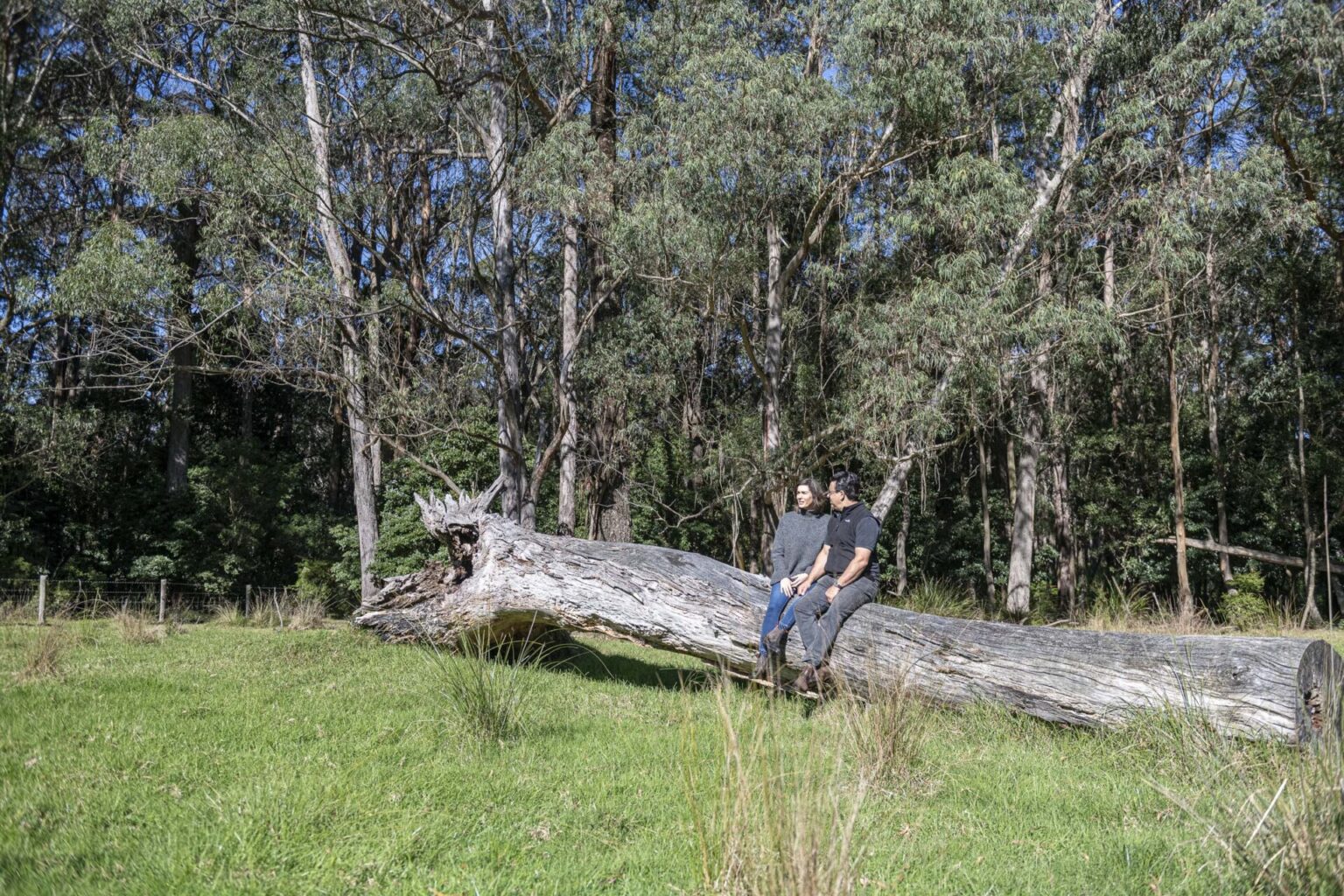
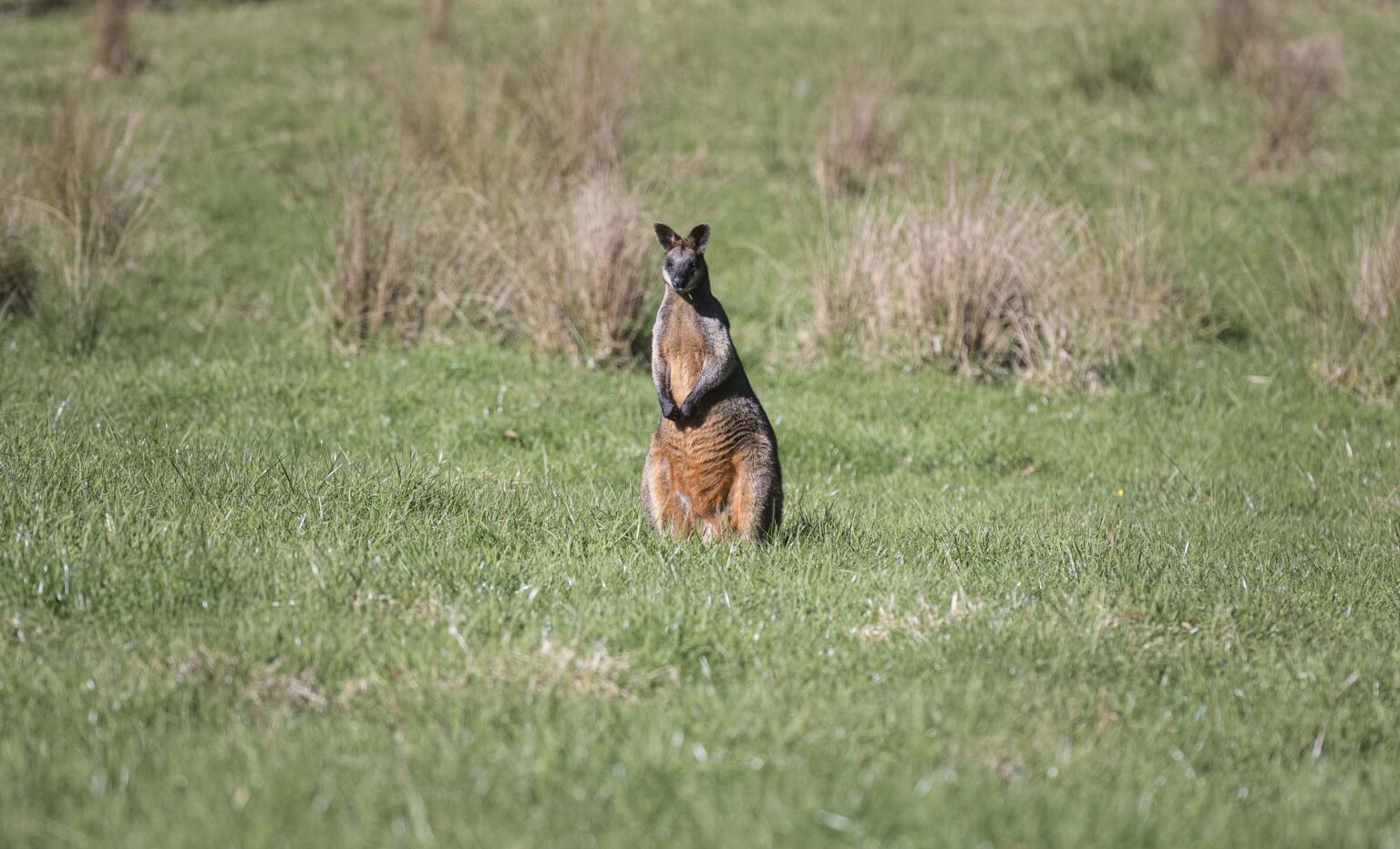
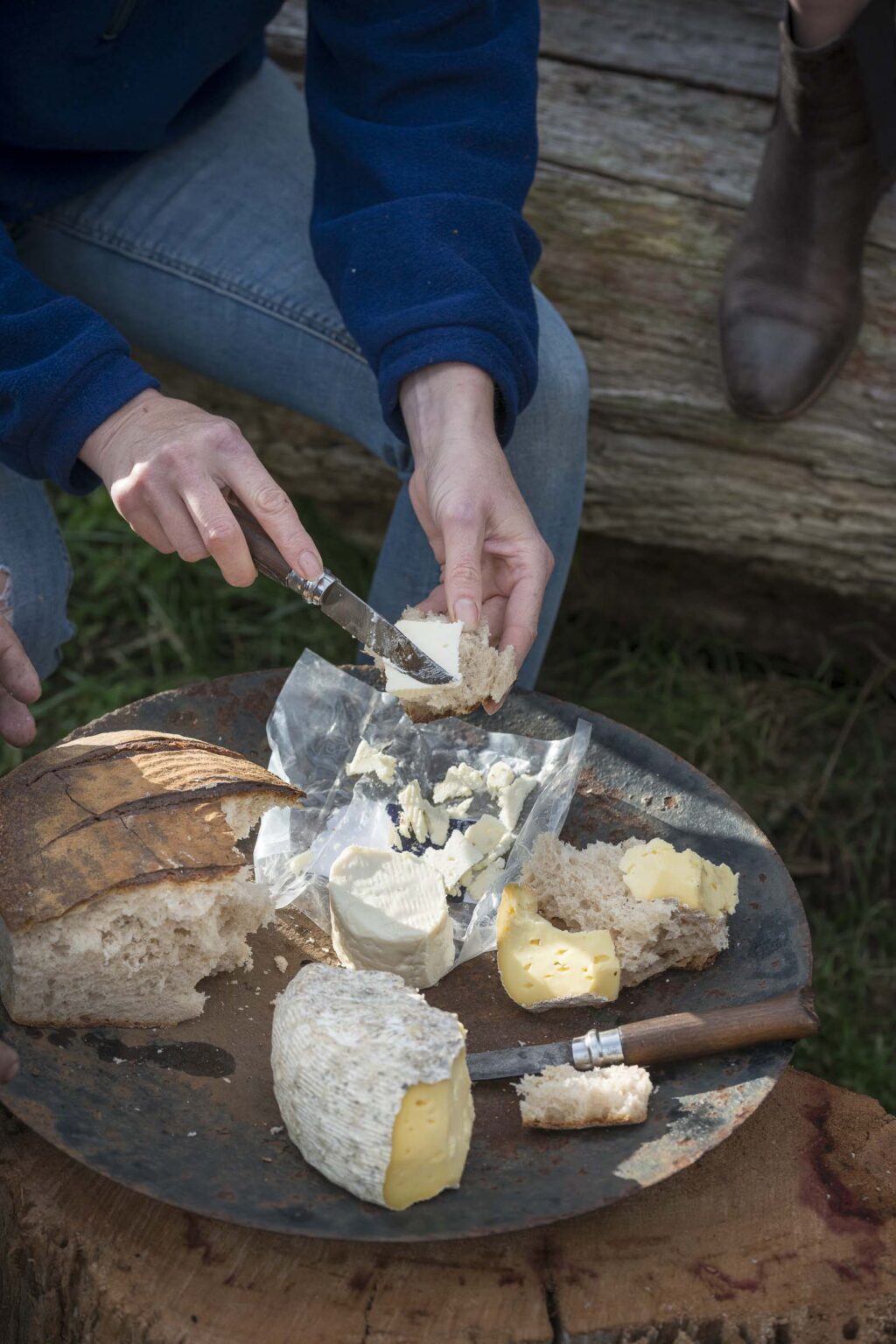
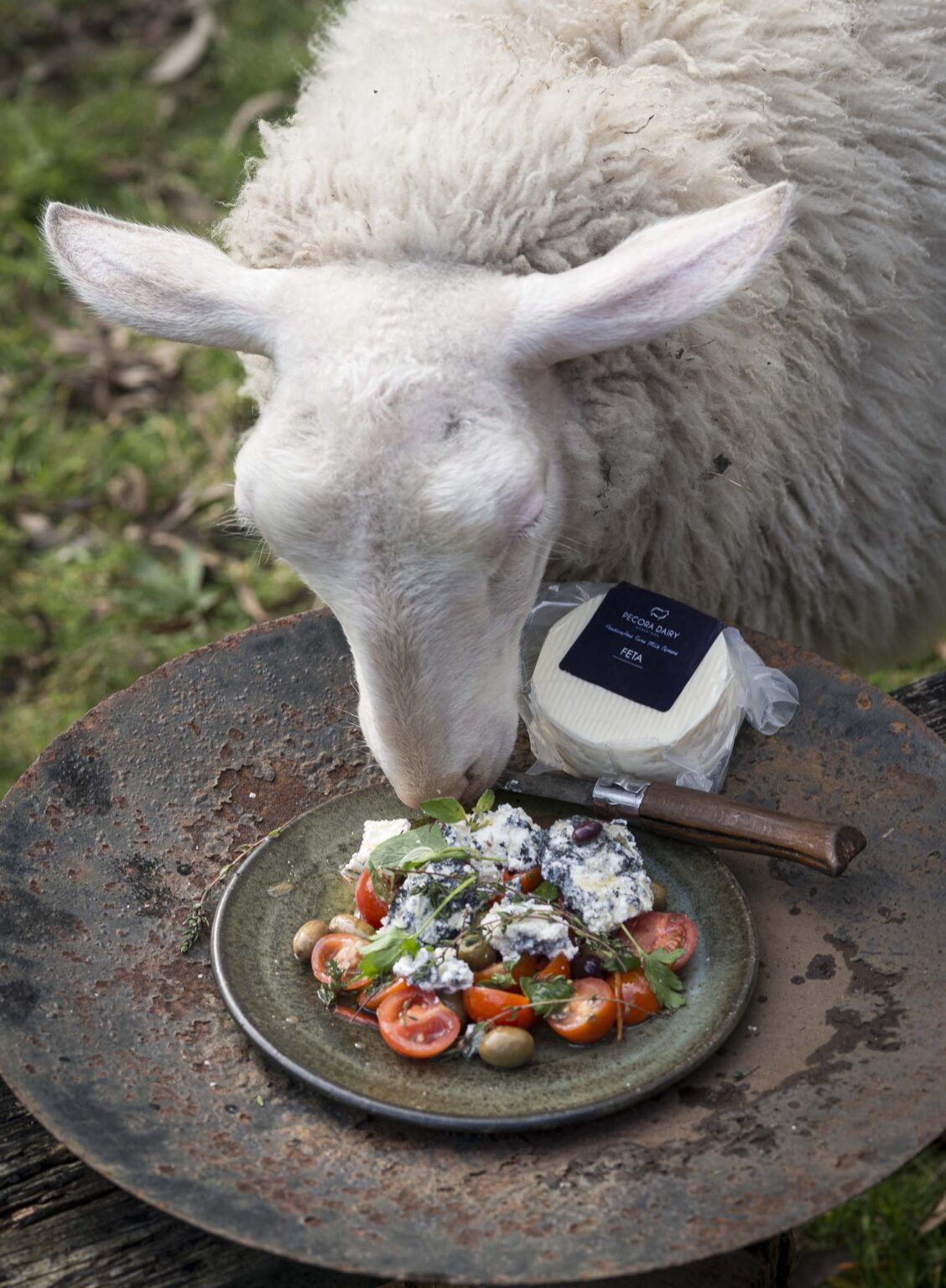
Pecora’s path to winning this year’s President’s Medal involved a rigorous examination that included several site visits, searching interviews and a review of the business’s current financial position and also its long term strategy. The judges observed the extraordinary natural attributes of the property as well as the investment in solar panels and batteries.
It was also important that Pecora had contributed significantly to the local community, including Kiama Farmers Market and the establishment of Pecora Cheese & Wine in Robertson.
“Our business is so much more than making cheese,” observes Michael.
In the two decades since they purchased their first East Fresian ewes, the Cains have faced many challenges – and that doesn’t include raising two children. In the past five years alone, like so many others, they have had to navigate the natural disasters of drought, devastating bushfires and major floods as well as the substantial impact that COVID had on supply chains and markets.
“There have been some incredibly tough times, but everything that is worthwhile involves hard work and we have worked unbelievably hard,” says Cressida.
In their first year of commercial production, Pecora Dairy made about two tonnes of cheese. Today they run around 200 sheep and produce about 10 tonnes of cheese, selling directly to consumers through Pecora Wine & Cheese and a small number of specialty cheese shops, while also supplying selected restaurants through a distributor.
The Cains continue to study and learn and they remain passionate about working together to build Pecora Dairy’s future.
“It’s our life’s work,” says Cressida.
For further information, visit pecoradairy.com.au
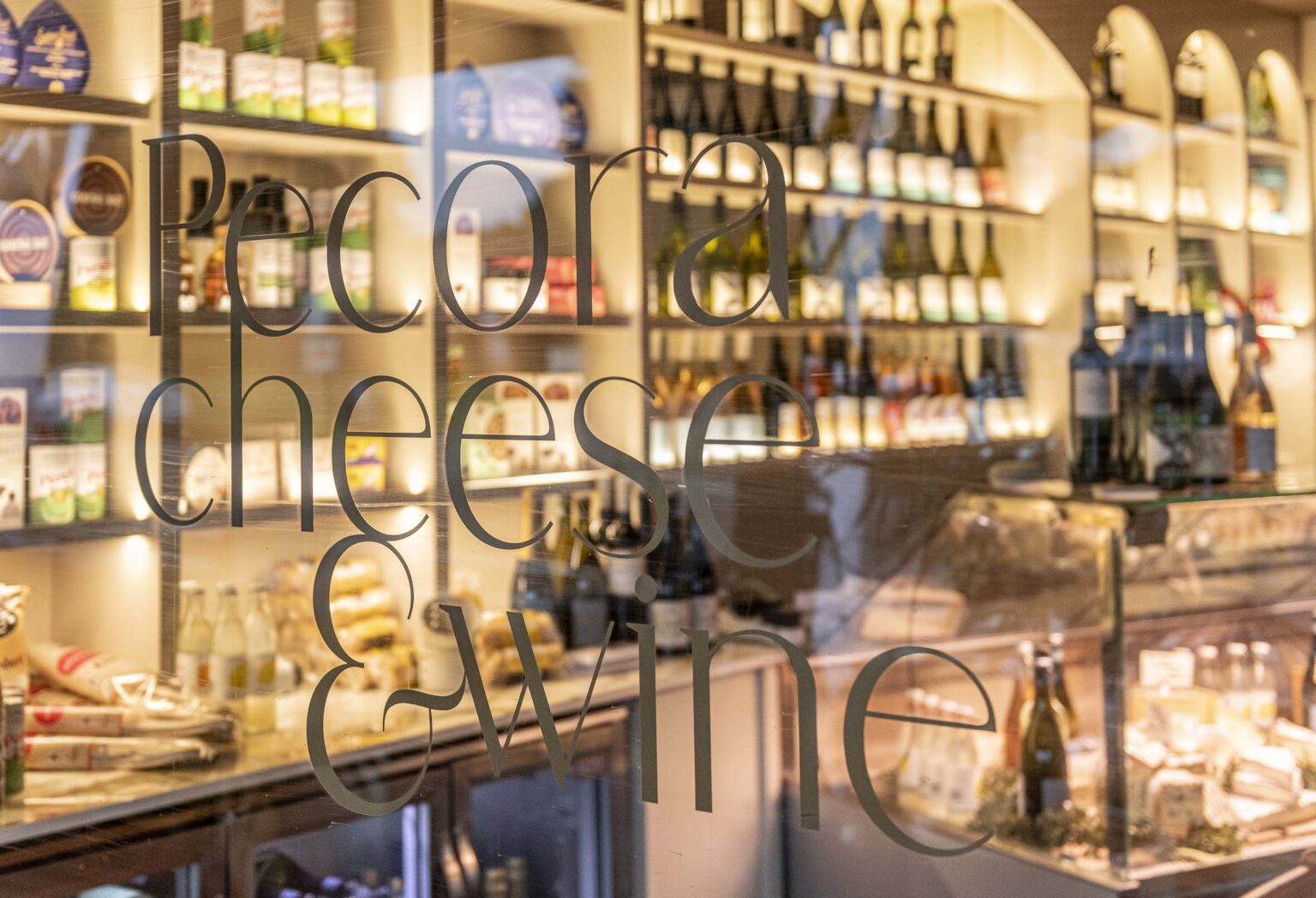
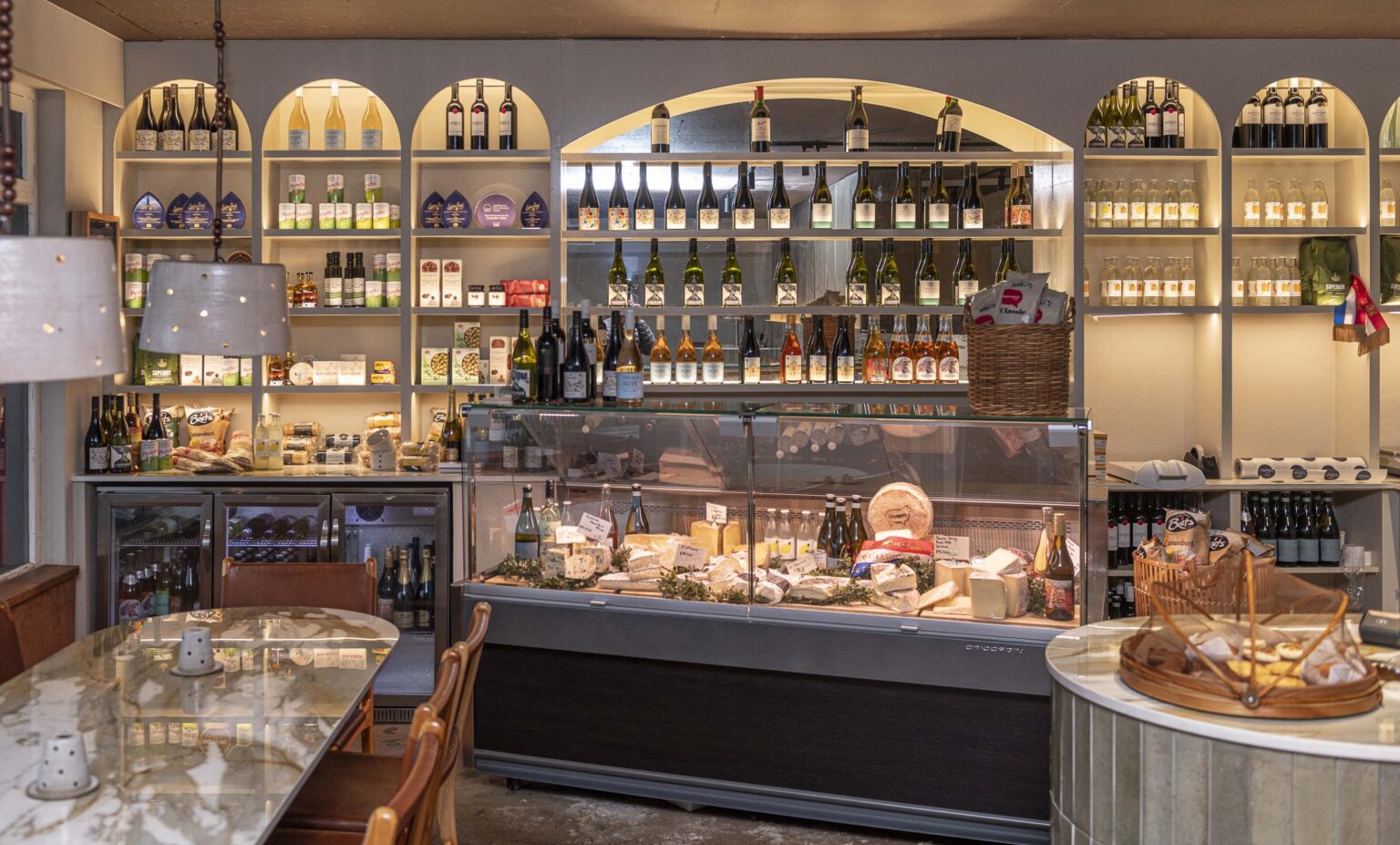
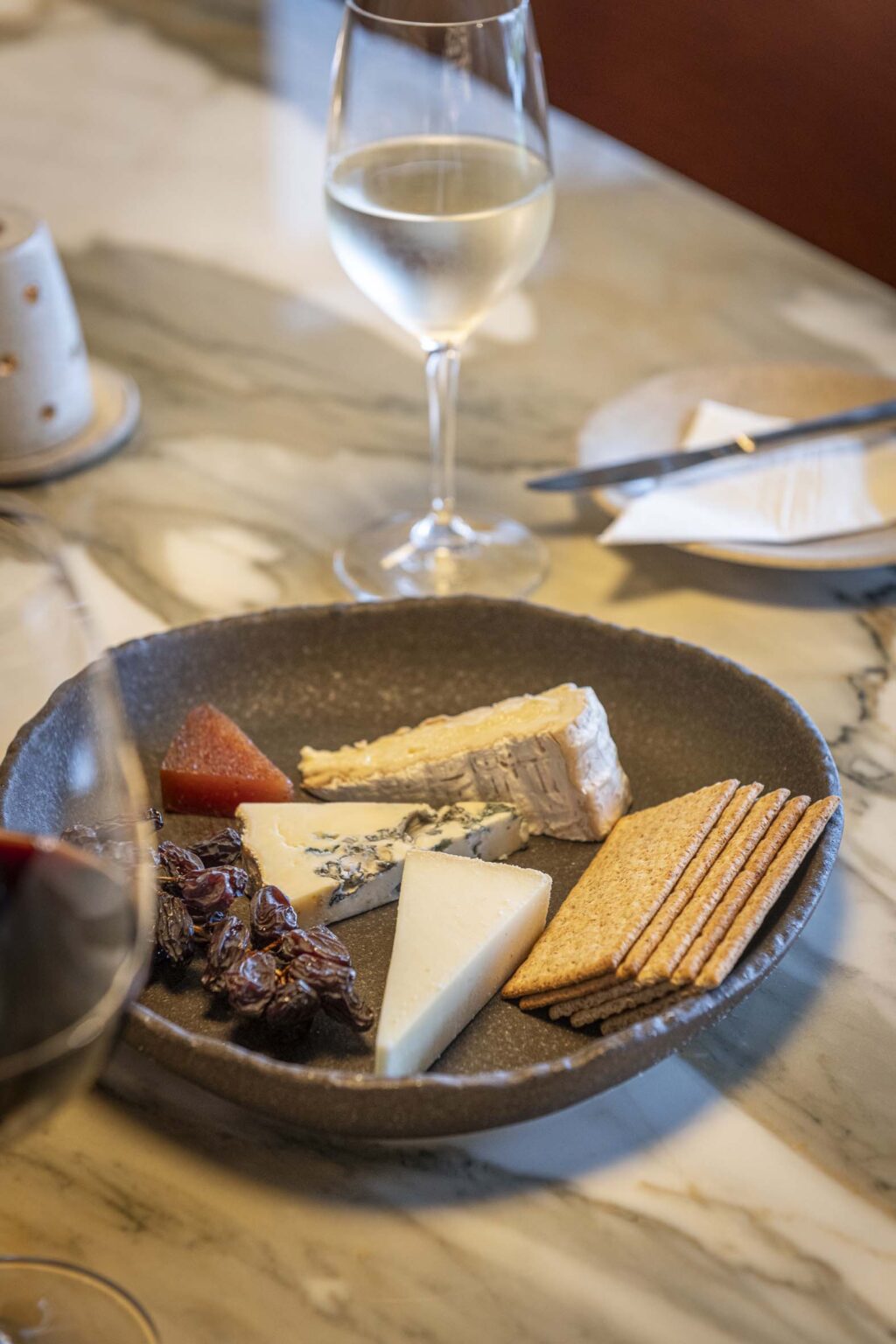
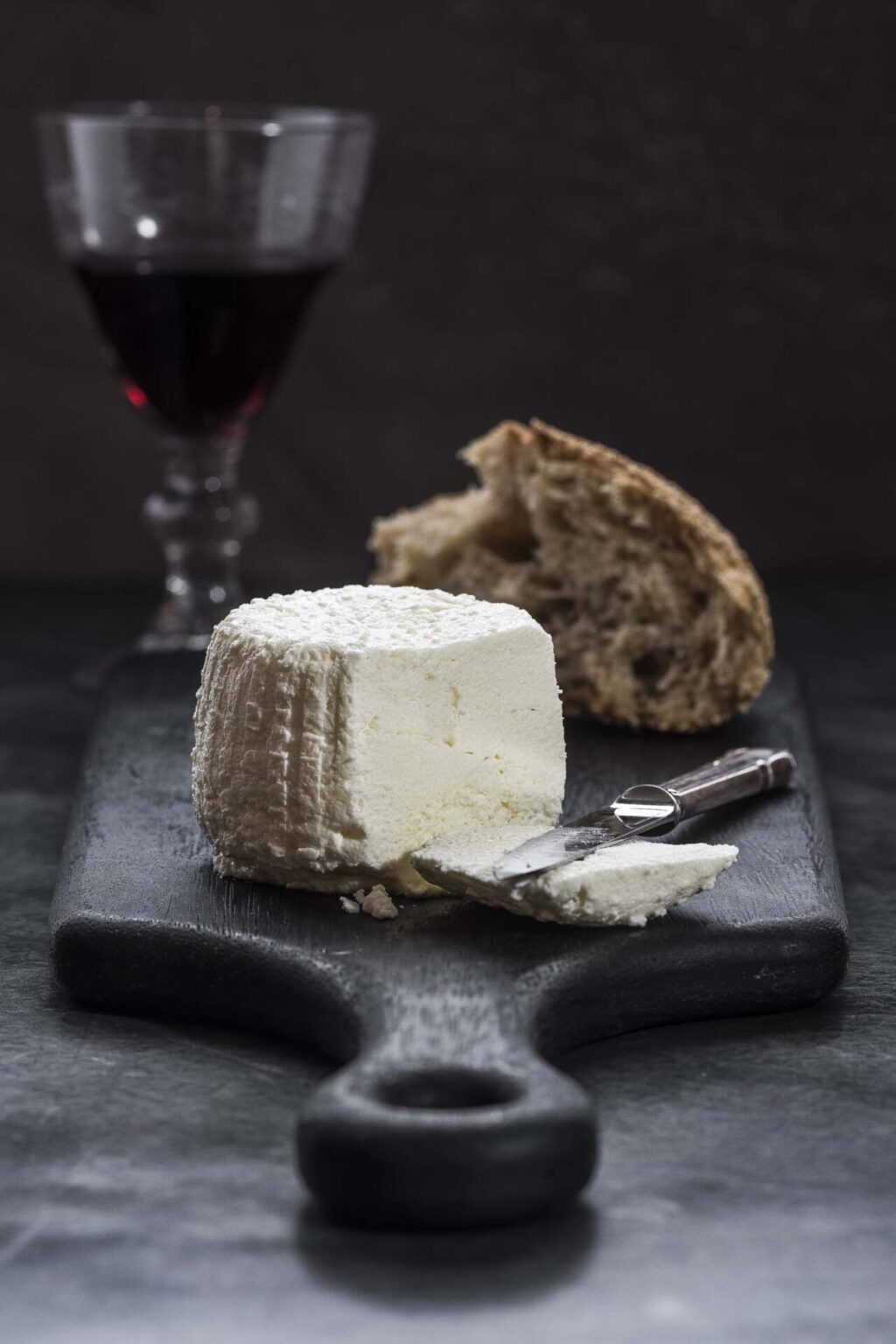
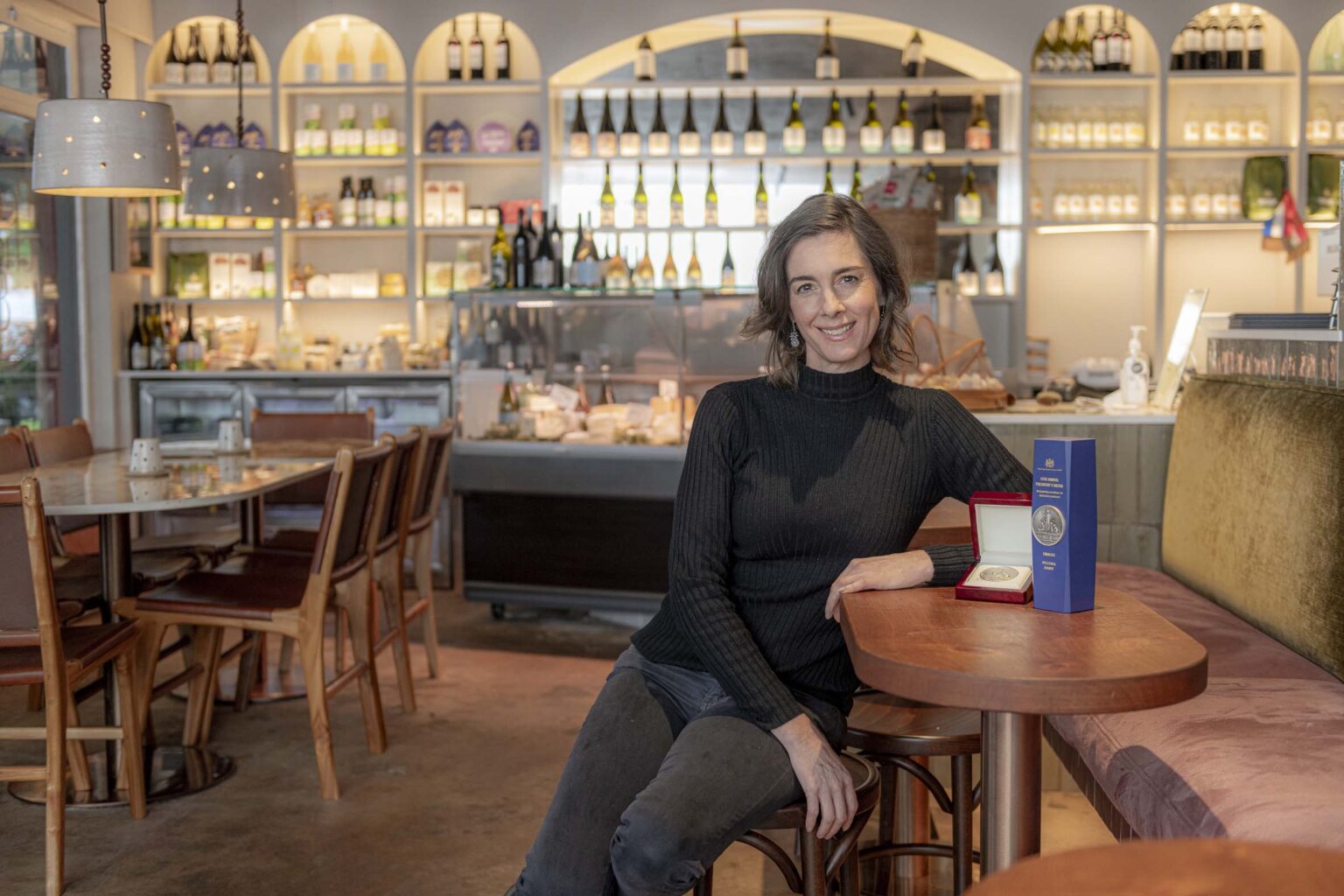

Michael Sharp
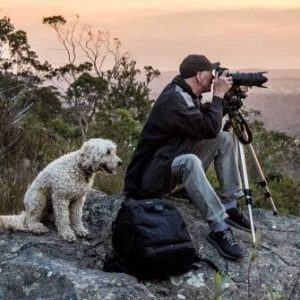
Ashley Mackevicius
- XXXVIII LA Story by Michael Reid OAM April 2024
- XLIX Paddy’s Cottage November 2025
- XLVIII Washington DC by Michael Reid OAM November 2025
- XLVII The Outdoor Fireplace at Murrurundi by Michael Reid OAM October 2025
- XLVI Amelia Zander of Zander & Co. July 2025
- XLV Marlie Draught Horse Stud by Michael Sharp June 2025
- XLIV Trump Engulfed the Fires by Michael Reid OAM February 2025
- XLIII Newcastle by Jason Mowen October 2024
- XLII The Business of Gardening by Michael Reid OAM September 2024
- XLI Carly Le Cerf by Sarah Hetherington August 2024
- XL Pecora Dairy by Michael Sharp July 2024
- XXXIX Joseph McGlennon by Michael Reid OAM May 2024
- XXXVII Julz Beresford by Michael Sharp March 2024
- XXXVI Sydney Contemporary by Jason Mowen February 2024
- XXXV The US of A by Michael Reid OAM December 2023
- XXXIV Scone Grammar School’s principal Paul Smart by Victoria Carey November 2023
- XXXIII AgQuip by Jason Mowen October 2023
- XXXII Tinagroo Stock Horse’s Jill Macintyre by Victoria Carey September 2023
- XXXI The Old Gundy School House by Victoria Carey August 2023
- XXX Annette English by Victoria Carey July 2023
- XXIX The Ghan by Jason Mowen June 2023
- XXVIII All in the family: The Arnotts May 2023
- XXVII A Capital Plan by Jason Mowen March 2023
- XXVI Mandy Archibald March 2023
- XXV Paul West February 2023
- XXIV The Other Newcastle by Jason Mowen January 2023
- XXIII Mount Woolooma Glasshouse at Belltrees December 2022
- XXII Murrurundi to Matino: with Jason Mowen November 2022
- XXI James Stokes October 2022
- XX Adelaide Bragg September 2022
- XIX Tamara Dean August 2022
- XVIII Going home: Angus Street July 2022
- XVII Belltrees Public School June 2022
- XVI A Road Trip on the New England Highway May 2022
- XV David and Jennifer Bettington: from horses to houses April 2022
- XIV Denise Faulkner: Art of the Garden March 2022
- XIII Childhood memories: Willa Arantz February 2022
- XII Riding ahead: Giddiup January 2022
- XI Ingrid Weir’s rural life December 2021
- X Life by design: William Zuccon November 2021
- IX Life on the land: The Whites October 2021
- VIII Goonoo Goonoo Station September 2021
- VII Murrurundi: a garden playground August 2021
- VI Pat’s Kitchen July 2021
- V A creative life: Charlotte Drake-Brockman June 2021
- IV Magpie Gin May 2021
- III The Cottage, Scone April 2021
- II At home with Jason Mowen March 2021
- I A town that performs February 2021









